6 start with E start with E
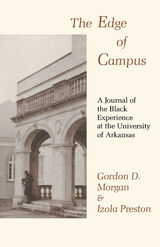
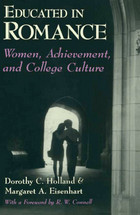

In an increasingly diverse United States, minority and low-income students of all ages struggle to fit into mainstream colleges and universities that cater predominantly to middle-income and affluent white students fresh out of high school. Anchored in a study conducted at twelve minority-serving institutions (MSIs), Educating a Diverse Nation turns a spotlight on the challenges facing nontraditional college students and highlights innovative programs and practices that are advancing students’ persistence and learning.
Clifton Conrad and Marybeth Gasman offer an on-the-ground perspective of life at MSIs. Speaking for themselves, some students describe the stress of balancing tuition with the need to support families. Others express their concerns about not being adequately prepared for college-level work. And more than a few reveal doubts about the relevance of college for their future. The authors visited the four main types of MSIs—historically black colleges and universities, tribal colleges and universities, Hispanic-serving institutions, and Asian American and Native American Pacific Islander–serving institutions—to identify strategies for empowering nontraditional students to succeed in college despite these obstacles.
Educating a Diverse Nation illuminates such initiatives as collaborative learning, culturally relevant educational programs, blurring the roles of faculty, staff, and students, peer-led team learning, and real-world problem solving. It shows how these innovations engage students and foster the knowledge, skills, and habits they need to become self-sustaining in college and beyond, as well as valuable contributors to society.
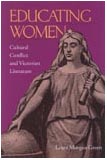
In 1837, when Queen Victoria came to the throne, no institution of higher education in Britain was open to women. By the end of the century, a quiet revolution had occurred: women had penetrated even the venerable walls of Oxford and Cambridge and could earn degrees at the many new universities founded during Victoria's reign. During the same period, novelists increasingly put intellectually ambitious heroines students, teachers, and frustrated scholars—at the center of their books. Educating Women analyzes the conflict between the higher education movement's emphasis on intellectual and professional achievement and the Victorian novel's continuing dedication to a narrative in which women's success is measured by the achievement of emotional rather than intellectual goals and by the forging of social rather than institutional ties.
Focusing on works by Charlotte Brontë, George Eliot, Anna Leonowens, and Thomas Hardy, Laura Morgan Green demonstrates that those texts are shaped by the need to mediate the conflict between the professionalism and publicity increasingly associated with education, on the one hand, and the Victorian celebration of women as emblems of domesticity, on the other. Educating Women shows that the nineteenth-century “heroines” of both history and fiction were in fact as indebted to domestic ideology as they were eager to transform it.
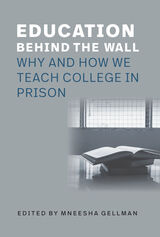
An edited volume reflecting on different aspects of teaching in prison and different points of view.
This book seeks to address some of the major issues faced by faculty who are teaching college classes for incarcerated students. Composed of a series of case studies meant to showcase the strengths and challenges of teaching a range of different disciplines in prison, this volume brings together scholars who articulate some of the best practices for teaching their expertise inside alongside honest reflections on the reality of educational implementation in a constrained environment. The book not only provides essential guidance for faculty interested in developing their own courses to teach in prisons, but also places the work of higher education in prisons in philosophical context with regards to racial, economic, social, and gender-based issues. Rather than solely a how-to handbook, this volume also helps readers think through the trade-offs that happen when teaching inside, and about how to ensure the full integrity of college access for incarcerated students.
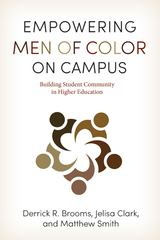
READERS
Browse our collection.
PUBLISHERS
See BiblioVault's publisher services.
STUDENT SERVICES
Files for college accessibility offices.
UChicago Accessibility Resources
home | accessibility | search | about | contact us
BiblioVault ® 2001 - 2024
The University of Chicago Press









